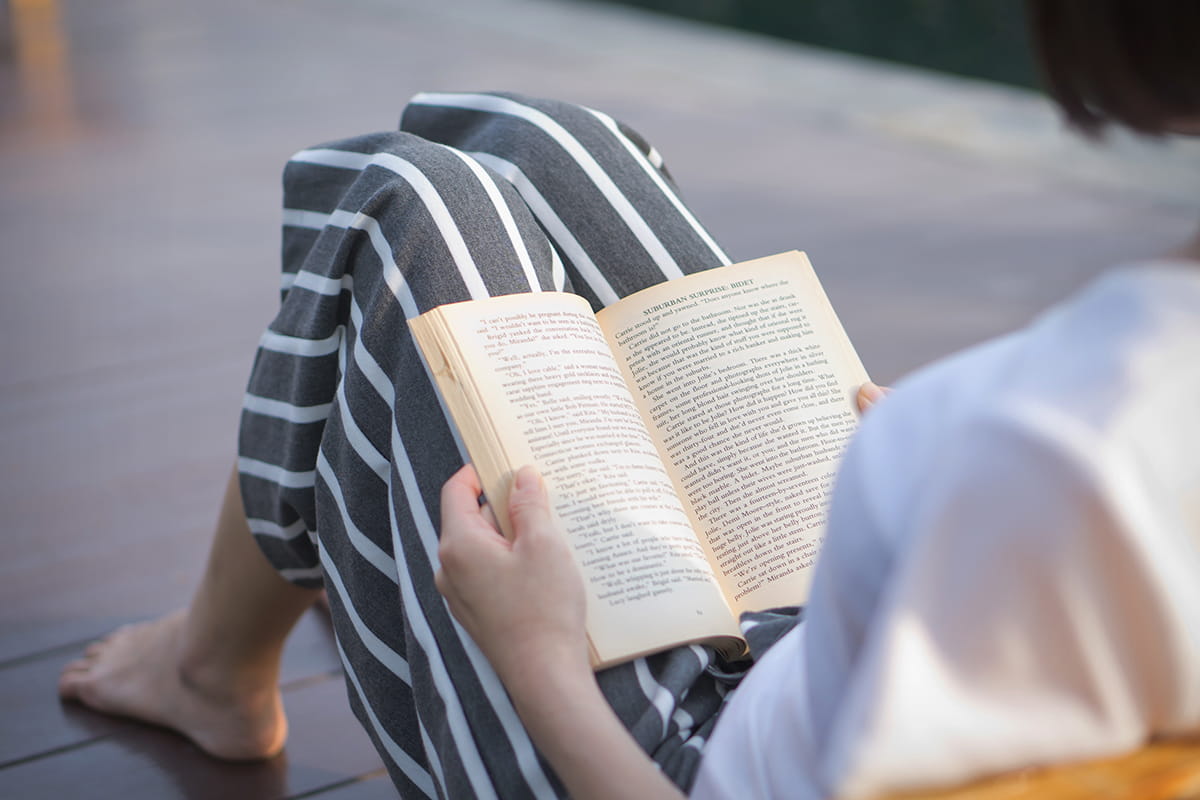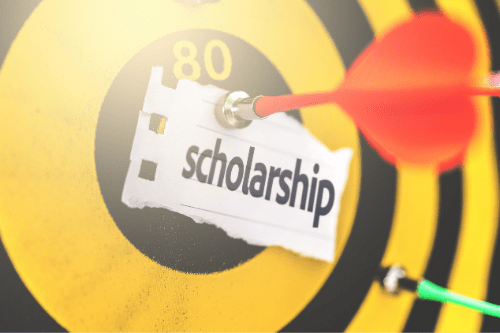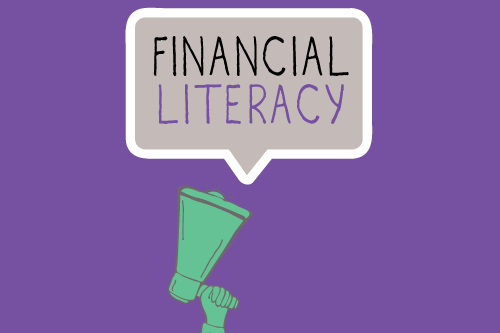Classic Books College Students Should Read

The exploration of literary works can significantly contribute to one's college education. Regardless of what a student's interests are, he or she has numerous genres to choose from. Courtesy of ebook readers, even the thickest books can easily be carried in a handbag or backpack. This helps students with limited time take advantage of stolen moments to read on the bus, between classes, or before bed. Even beyond college, it pays to be well-read. Any of the number of great literary works, either classic or modern, fiction or nonfiction, can keep either student or non-student entertained.
Ancient
- The Iliad by Homer: The Iliad is an epic Greek poem that takes place during the Trojan War. The story takes place during the last year of the war.
- Beowulf: An Anglo-Saxon epic poem written by an anonymous poet. It is about the Geatish hero Beowulf who battles the monster Grendel, Grendel's mother and a dragon.
- The Odyssey by Homer: An epic that tells the story of Odysseus following the fall of Troy. The story centers around his journey home.
- Oresteia by Aeschylus: An ancient trilogy of Greek tragedies. They are about the conclusion of the curse upon the House of Atreus.
- The Republic by Plato: A work about rights and justice. It uses the Socratic Method as a means of involving the reader and keeping them engaged.
Classics
Fiction
- Slaughterhouse Five by Kurt Vonnegut: A satire about the experiences of a soldier named Billy Pilgrim during World War II.
- Beloved by Toni Morrison: The story of a home and family haunted by a daughter that was killed to spare her from slavery.
- Native Son by Richard Wright: A best-selling novel about a poor African-American young man who gets caught up in downward spiral that leads to murder and ultimately the death penalty.
- Jane Eyre by Charlotte Bronte: The coming-of-age story of an orphan girl who grows up to confront the issues of religion, social class, gender roles, and morality.
Biography History and Social Theory
- The Social Contract by Jean-Jacques Rousseau: A series of principles that state people can only be governed if they consent to be.
- Narrative of the Life of Frederick Douglass by Frederick Douglass: The autobiography of Frederick Douglass, a famous abolitionist.
- The Rights of Man by Thomas Paine: A spirited defense of the French Revolution.
- The Communist Manifesto by Karl Marx and Friedrich Engels: A treatise on class struggle which defined the tenets of Communism.
- Up From Slavery by Booker T. Washington: An autobiography and a call for African-Americans to seek self-reliance.
- The Autobiography of Benjamin Franklin by Benjamin Franklin: Benjamin Franklin's story of his own life, written for his son William.
Philosophy and Religion
- The Bible: A collection of religious books that form the basis of Judaism and Christianity.
- The Art of Happiness by the Dalai Lama: A philosophical book that proposes that happiness is more the result of one's state of mind than anything else.
- Atlas Shrugged by Ayn Rand: A novel that formed part of the basis of the Objectivist philosophy.
- The Varieties of Religious Experience by William James: A collection of William James' views regarding natural theology.
- The Golden Bough by James George Frazer: A book that tries to explain the relationship between religion and mythology, and its transition toward the age of scientific discovery and thought.
- Being and Nothingness by Jean-Paul Sartre: A book that attempts to prove the existence of free will.
Drama and Poetry
- Hamlet by William Shakespeare: A Shakespearean tragedy about Hamlet, a prince of Denmark. As one of Shakespeare's longest plays, Hamlet tells the story of the prince's revenge on his uncle for killing his father, King Hamlet.
- The Glass Menagerie by Tennessee Williams: A play that closely follows the life of Tennessee Williams and is thought to be autobiographical.
- Faust by Johann von Goethe: Faust is seen as one of Germany's greatest literary works. It is a tragedy that has two parts.
- Mother Courage and Her Children by Bertolt Brecht: An anti-war themed play that is considered one of greatest of the 20th century.
- The Misanthrope by Moliere: A comedy that was written in the 17th century that makes fun of the French aristocracy and points out human flaws.
Science and Mathematics
- Origin of Species by Charles Darwin: Scientific literature about evolutionary biology. It was the first to discuss natural selection.
- A River Out of Eden by Richard Dawkins: A book based on the theory that all modern species have a common ancestor.
- Principia Mathematica by Alfred North Whitehead and Bertrand Russe: A landmark book proving the relationship between math and logic.
- The Art of War by Sun Tzu: A book of military strategies by the Chinese general Sun Tzu.
- Civilization on its Discontents by Sigmund Freud: A work that examines the meaning of civilization. The book covers many theories.
- The Tipping Point by Malcolm Gladwell: A book that seeks to explain the nature of social epidemics.
We think you'd also like...
More Articles
January 02, 2024
Imagine, the excitement you would feel when you get a notification saying you’d won a $2,500 scholarship from ScholarshipPoints! But wait now you wonder, do I pay taxes on that?
October 18, 2023
A guide to finding and applying for scholarships by starting early, being thoughtful about the application process, and taking advantage of all resources.
September 20, 2023
Join me on an eye-opening journey of determination and resilience in the pursuit of paying for higher education. Scholarships are gift aid that you never have to pay back, so let’s explore the superpowers scholarships and financial aid can unlock.
February 24, 2023
Not everyone may want to comply with a unique scholarship that has odd submission requirements. Just the fact that you're willing to do this extra work will give you an advantage over potential competitors.








